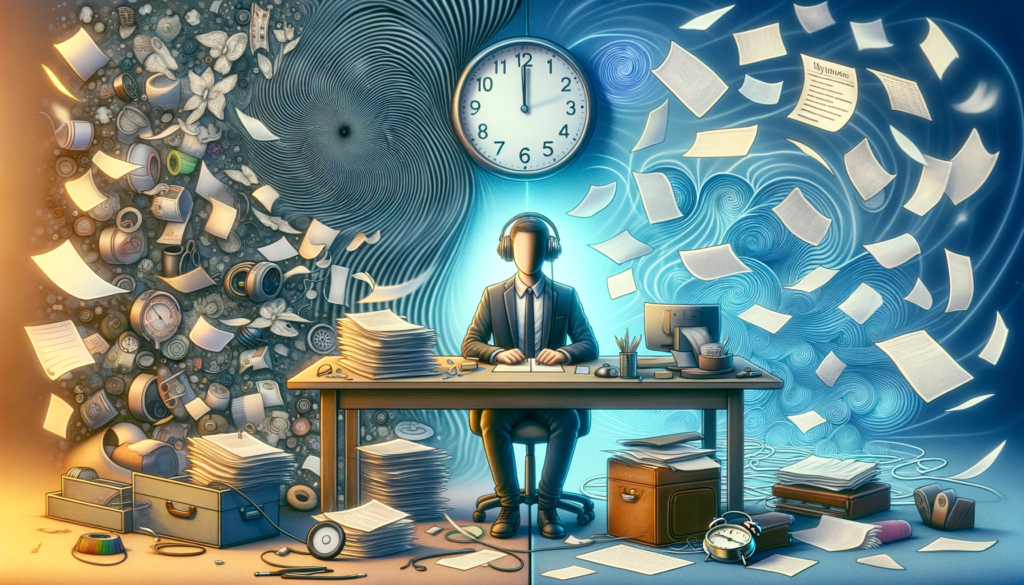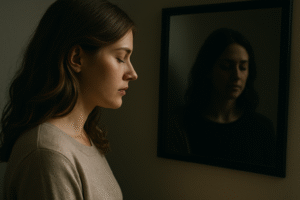A good friend of mine once said “I don’t have ADH…..oh, my god, there’s a squirrel.” She would get distracted in the middle of doing anything. She often told me that I was guilty of the same. While I was never diagnosed. I know what it feels like to get distracted. However, ADD and AHDH is far more than just an inability to concentrate, thought hose are the main symptoms. This is why we’re talking about hypnosis and ADD/ADHD in today’s edition of Hypnotic News.
ADD/ADHD
ADHD and similar syndromes have continued to climb at an alarming rate. From 2011 and 2013 the diagnosis rate rose 43%. Granted there is some evidence to indicate that this may be misdiagnosis but it does not likely account for the entirety of the rise. In addition, the number of adults sits around 4.4% with only 20% seeking help. This is likely a low ball estimate as many adults go diagnosed if they were not diagnosed as children. And that is with adult cases being more severe in symptoms.
Since 2003 almost 50% of children have been diagnosed with ADHD. With medications that have some serious side effects being the primary treatment. Diet being the second as far as I can tell. Many families and practitioners alike are unaware of other safer alternatives. Including hypnosis.
ADHD in Adults
Adult ADHD is similar to the symptoms of childhood ADHD in many ways. However, for adults, day to day interactions and tasks are more diverse making it harder to hone in on what is and is not affected. In general, the symptoms for adults are as follows:
- Inattention
- Poor time management
- Lacking memory
- Simple tasks are difficult to complete
- Struggle with paying attention
- Hyperactivity
- Always on the go
- Interrupt others
- Overly talkative
- Struggle with sleeping (LINK)
- Difficulty sitting still or fidgety.
Diagnosis
While ADHD is normally a child or teen disorder, it can follow into adulthood. It’s not as simple to diagnose. A professional has to determine that you are at risk or show signs. If they don’t think so, within the limited time they see you, then you don’t get diagnosed. It’s not their fault, it’s just not as closely examined in adults as it is kids.
From there, if they diagnose you, you have to meet a certain threshold based on tests. Then they suggest medication, which may or may not be the best solution for you. Some people have concerns about the side effects of the medication and turn to hypnosis for help instead. Whichever option you choose, that is best for you, don’t let it continue to adversely affect you if you suspect you have ADHD.
Spotting ADHD & Symptoms Early in Children
Part of the reason children are overdiagnosed is a lack of psychological education on the subject in teachers. While there are certainly children who meet the criteria below, teachers are often overworked (and underpaid) for their efforts. They are also not always given the tools in their individual school systems to be able to manage classroom behaviors. It is difficult due to many factors I could never fully cover here.
As parents, it is our job to make sure that our children only get labeled with the correct diagnosis. An incorrect diagnosis can lead to struggles to remove that diagnosis for a very long time. It can affect how teachers, peers, and others view them. Being able to identify the symptoms is crucial to making sure that your child is treated appropriately.
Though there are many factors that can cause ADHD, there are three core ADHD Symptoms: inattention, hyperactivity, and impulsivity. Breaking down these symptoms facilitates understanding where the behaviors or disorder is coming from.
- Hyperactivity and Impulsivity
- Constant fidgeting of hands, feet or bodily moving
- Unsolicited blurting out of answers in the classroom setting
- Tends to interrupt others and or invades space
- Finds it hard to sit still no matter the location
- Has difficulty playing quietly
- Inattention
- Organizing any task or activities is a challenge
- Avoids a mentally challenging task (homework, hobbies)
- Easily distracted in class, at home, or while playing
- Hard to follow through on instructions, schoolwork, chores, etc.
Though boys tend to be more likely to have ADHD and girls tend to go unnoticed due to differences in development. Symptoms tend to begin to appear around age 7 but can show as early as 3. When untreated ADHD can cause our children to be physically, mentally, socially, and emotionally stunted. Taking the time to analyze and accept your child’s behavior can make the difference in how they grow and how they can contain it.
DR Amen Institute
While unproven there is also new research to indicate that ADHD and its subsidiary disorders may break down into 7 different disorders. Each with their own characteristics. Dr. Amen’s research has involved Spect scans of thousands of people at this point. His clinic uses this 3-D brain imaging program to theoretically better diagnose a variety of maladies.
I only mention this here because he also offers a variety of ideas on different ways to treat and manage ADHD with or without medication where possible. That and I love to share innovative research when I find it. I’ve listed the types below, but the linked article here goes into greater detail for the symptoms, causes, and treatments for each.
- Classic ADD
- Inattentive ADD
- Overfocused ADD
- Temporal Lobe ADD
- Limbic ADD
- Ring of Fire ADD
- Anxious ADD
Hypnosis for ADHD
Most practitioners turn to medication as an answer. This may not be wrong, but the side effects on some of those medications are pretty severe causing concerns with some parents. In 2014, 6.1% of children were being treated with ADHD medication. It’s effective but that number is down from 6.4% showing that some people may be turning to alternative methods of treatment. Here are 2 things to consider when looking for alternatives to these potentially harmful medications.
- Diet – Many people have found that eliminating certain foods helps to manage symptoms. There is no proof ADHD is caused by sugar, but sugar definitely makes kids more hyperactive. Refined sugar and carbohydrates can shift your child’s actions as well as spike their blood sugar. This can increase their hyperness. Fiber can help to even that out. Or you can begin to limit the amounts of carbs and sugar they intake.
- Omega-3 – These fatty acids have shown to be rather low in children with ADHD. In a study, children who were given Omega-3s showed improved signs while the placebo group had no shift in behavior. It’s a small step, but a much more beneficial choice than medications.
You may also try other methods for symptom control. Including hypnosis.
Hypnosis for ADHD
Hypnosis has been around for a while. It helps make you more receptive to suggestions and ideas. Through hypnosis, your ADHD loved one can learn to remain in control of their actions and thoughts. It can also help them release tension, stress, and anxiety (LINKS), as well as distracting thoughts.
If you are interested in more information please call us for a free consultation at
ADD NUMBER
In addition, you can check out All About Hypnosis(LINK), your epicenter for Hypnotic information, and history. From how it works to what the science says and how it makes you feel, it is your one-stop for hypnosis information in Indiana.



